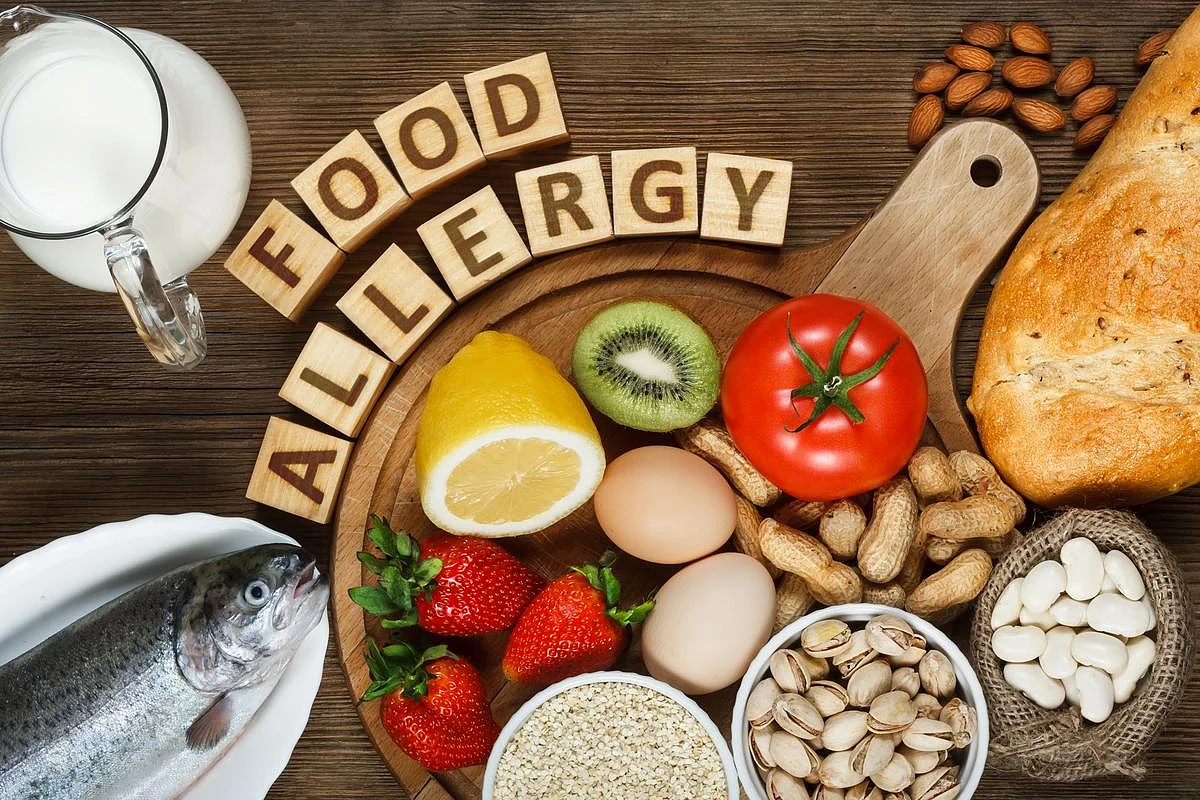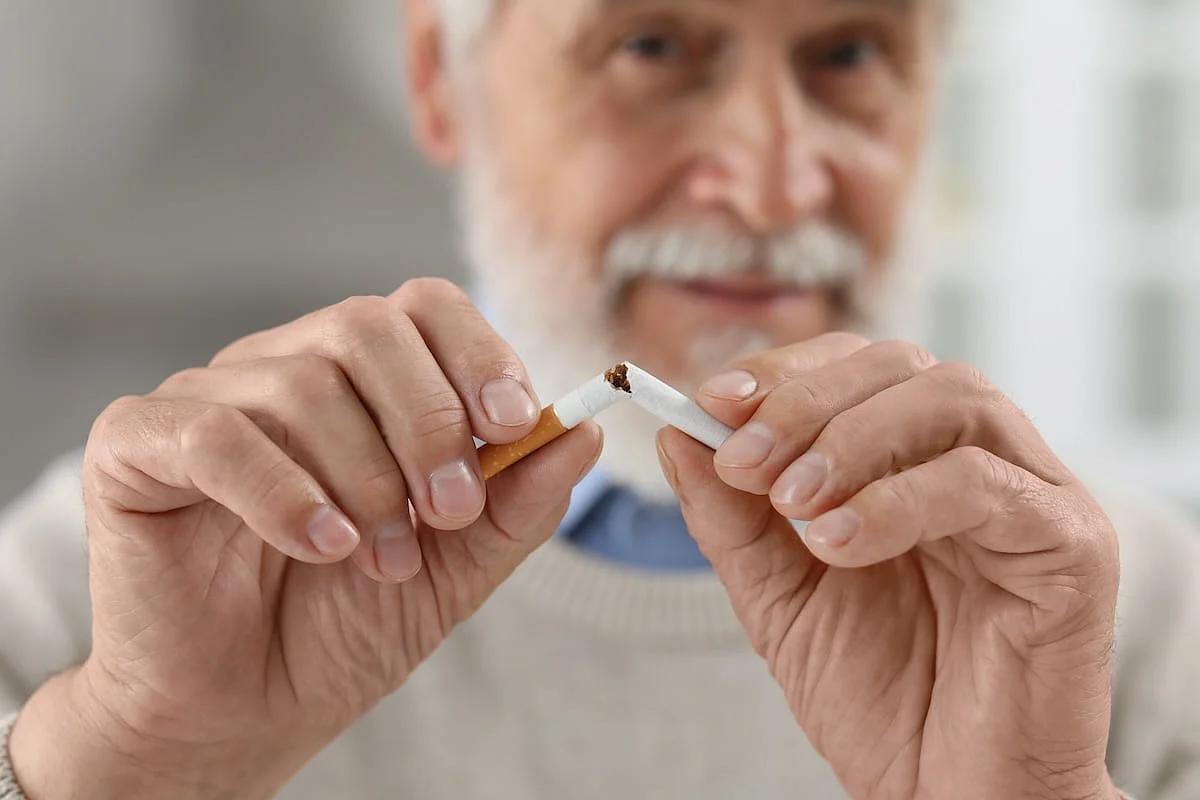
For the first time, scientists have created a brain implant that can “hear” and vocalize words a person is only imagining in their head. The device, developed at Stanford University in California, could help people with severe paralysis communicate more easily, even if they can’t move their mouth to try to speak. “This is the… read on > read on >


















